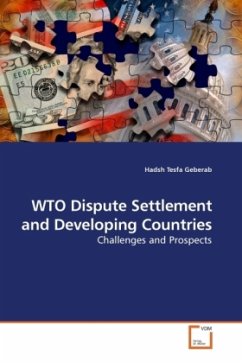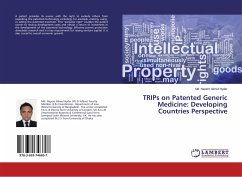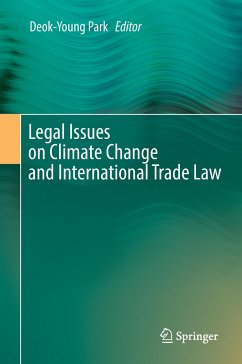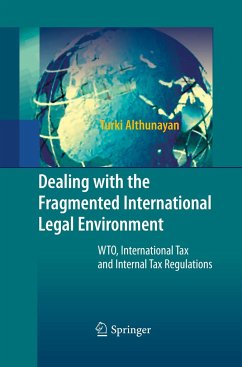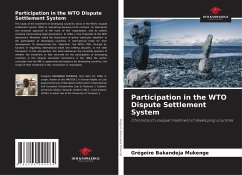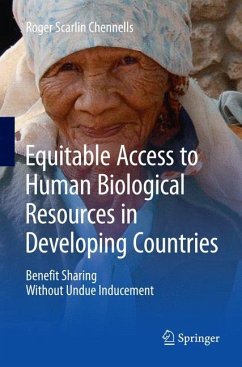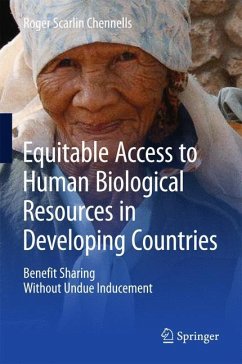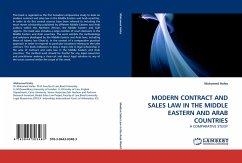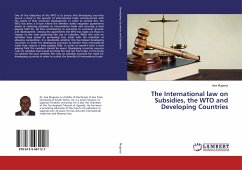
The International law on Subsidies, the WTO and Developing Countries
Versandkostenfrei!
Versandfertig in 6-10 Tagen
36,99 €
inkl. MwSt.

PAYBACK Punkte
18 °P sammeln!
One of the objectives of the WTO is to ensure that developing countries secure a share in the growth of international trade commensurate with the needs of their economic development. In order to achieve this, the WTO has been a forum where the Member states negotiate agreements aimed at reducing obstacles to international trade and ensuring a level playing field for, all thus contributing to economic to economic growth and development. Among the agreements the WTO has made are those in respect to the rules governing the use of subsidies. While the rules on subsidies have aimed at promoting fre...
One of the objectives of the WTO is to ensure that developing countries secure a share in the growth of international trade commensurate with the needs of their economic development. In order to achieve this, the WTO has been a forum where the Member states negotiate agreements aimed at reducing obstacles to international trade and ensuring a level playing field for, all thus contributing to economic to economic growth and development. Among the agreements the WTO has made are those in respect to the rules governing the use of subsidies. While the rules on subsidies have aimed at promoting free trade with the intention of allowing competition, it is doubtable whether this has helped developing countries. In order for developing countries to benefit from international trade they require a level playing field. In order to benefit from a level playing field the members should be equal. Developing countries requires rules on subsidies that would promote fair and not free trade. In this study we address the issue whether the rules on subsidies promote fair trade for developing countries in order to unlock the benefits of international trade



